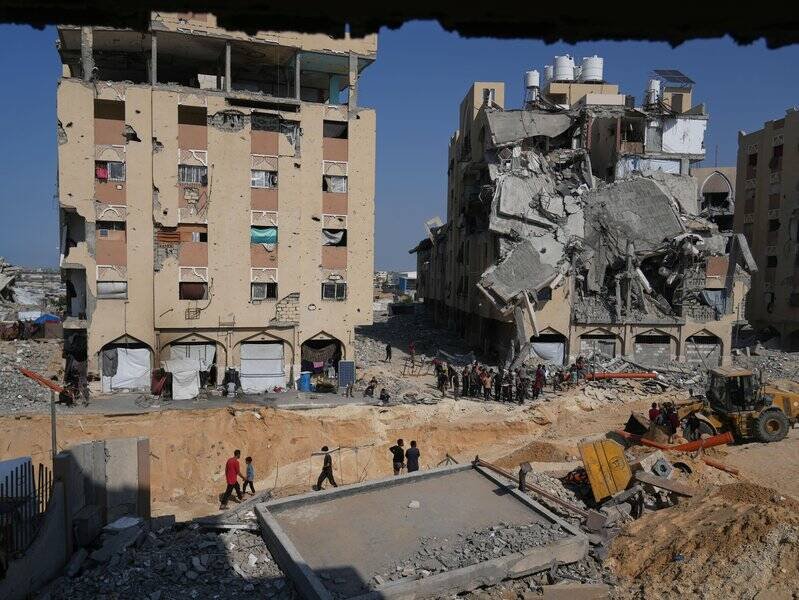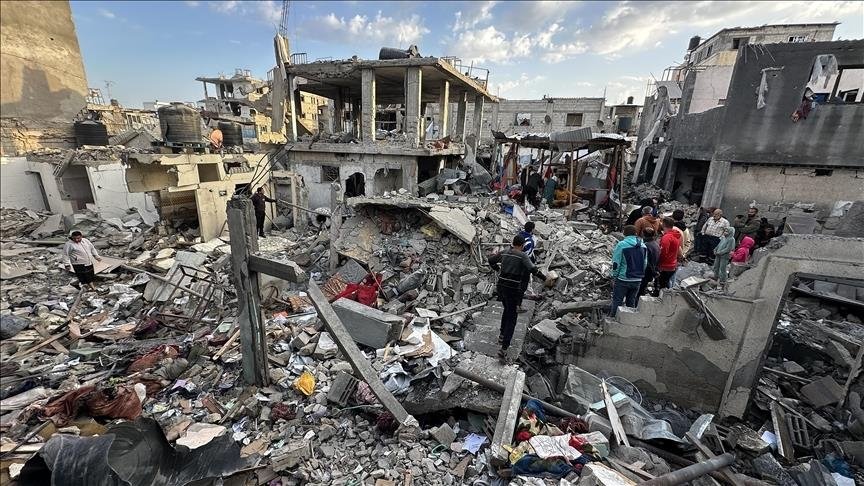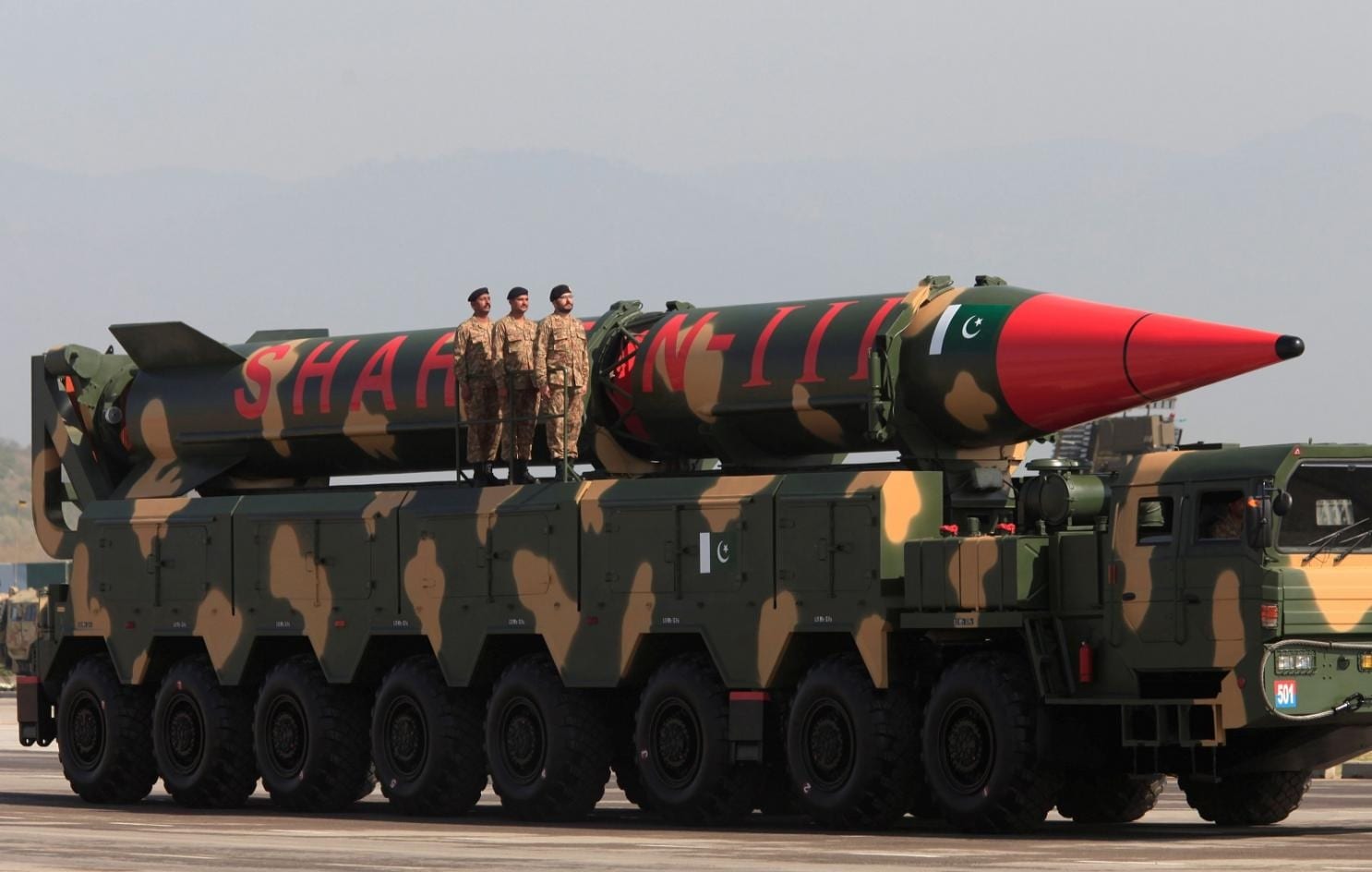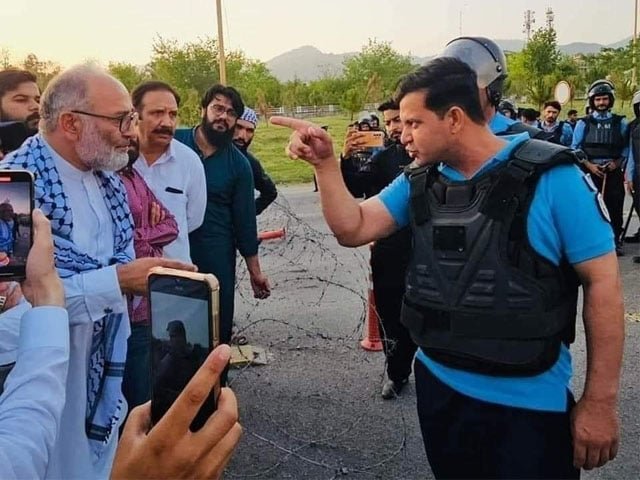Israel broke the recently brokered ceasefire agreement, with a large-scale military operation in southern Gaza, marking the first major breach of the U.S.-facilitated truce aimed at de-escalating months of violence in the region. The airstrikes targeted areas around Rafah, a city near the Egyptian border that has seen intense fighting and displacement throughout the conflict. According to the Israeli military, the operation was in response to what it described as an attack involving an anti-tank missile and gunfire directed at its troops operating near the border. Israeli officials claimed the strike was a defensive measure aimed at neutralizing “terrorist threats” and maintaining the safety of its forces. Military sources stated that “precise strikes” were carried out against what they identified as militant infrastructure and staging grounds. Palestinian sources, however, painted a starkly different picture. The Gaza Ministry of Health reported casualties and injuries among civilians, including women and children, as residential areas were reportedly hit during the bombing. Videos and eyewitness accounts circulated online showed plumes of smoke rising from densely populated neighborhoods, sparking fresh outrage and condemnation from human rights organizations and international observers. Hamas, denied any involvement in the alleged attacks that Israel cited as justification for the airstrikes. In a brief statement, the group claimed there were no known clashes in Rafah at the time, noting that the area had already been under Israeli military control since earlier incursions. They accused Israel of using unverified pretexts to escalate violence and undermine the ceasefire agreement. The violation of the ceasefire—mediated by the United States and supported by Qatar and Egypt—has cast serious doubt on the possibility of a lasting truce. The agreement, reached after weeks of negotiations, was intended to facilitate humanitarian aid delivery, allow displaced Palestinians to return to their homes, and halt active hostilities. International mediators had praised the deal as a crucial step toward broader peace talks. The renewed hostilities have triggered fresh condemnation from several countries and international organizations. The United Nations called for immediate restraint and urged all parties to adhere to the terms of the agreement. Rights groups warned that continued military operations could worsen the already dire humanitarian situation in Gaza, where infrastructure is heavily damaged, medical supplies are running low, and hundreds of thousands remain displaced. This latest escalation underscores the fragility of ceasefire agreements in the region, where deep-rooted mistrust, conflicting narratives, and political pressure make sustained peace difficult to achieve. As global attention shifts back to the Gaza conflict, questions are once again being raised about the international community’s role, the effectiveness of diplomatic interventions, and the broader consequences for regional stability. Unless both sides recommit to dialogue and restraint, the collapse of the ceasefire risks dragging the region back into a broader cycle of violence—further endangering civilians and undermining efforts toward a long-term resolution.






































